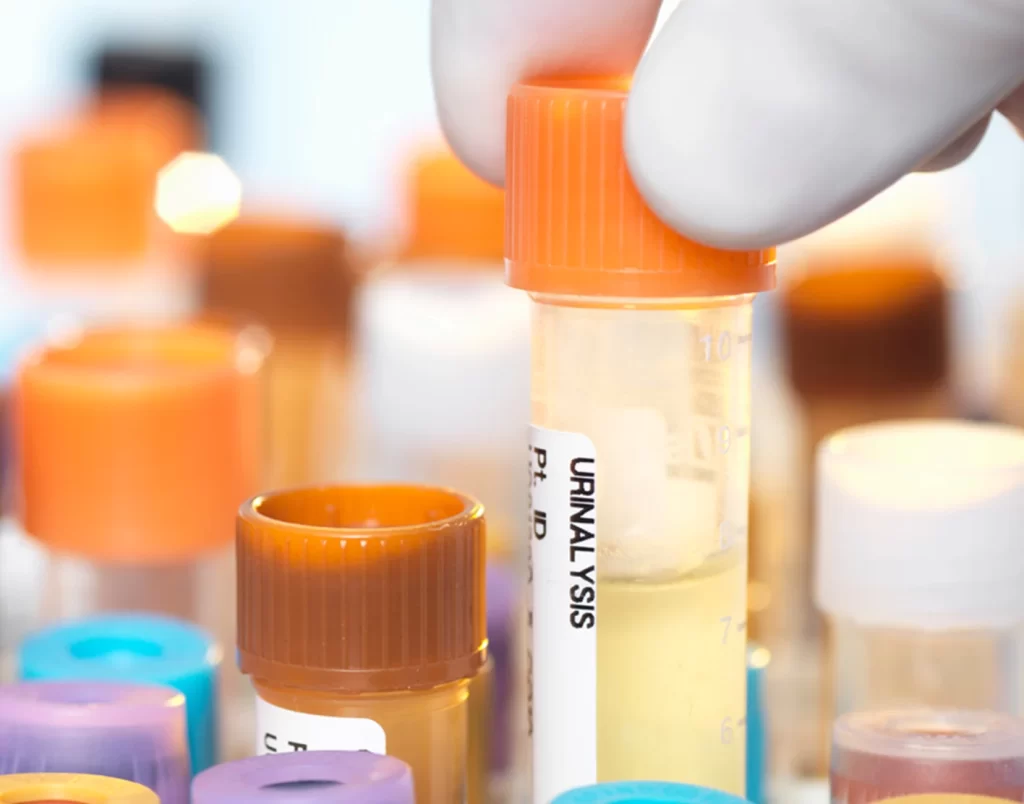Passing Drug Tests with Flying Colors – Synthetic Urine Strategies
Synthetic urine, also known as fake urine or laboratory urine, is a laboratory-produced substance that copies the chemical formula and physical features of human urine. It is actually mostly utilized for a variety of functions, which includes medical testing, calibrating urine testing equipment, and evading drug tests. Synthetic urine is made to tightly resemble natural urine, with similar degrees of specific gravitational forces, pH, creatinine, along with other parts. Comprehending the factors surrounding synthetic urine offers useful observations into its structure, applications, and potential ramifications.
Formula:
Lab-created urine is developed utilizing a mix of water, chemical substances, and additives to duplicate the formula of real urine. The actual composition can vary according to the company along with the meant intent behind the synthetic urine. Normally, it includes water, urea, uric acidity, creatinine, sulfates, phosphates, ammonia, and other organic and inorganic materials present in human urine. In addition, colorants are usually included in mimic the natural discolored color of urine. The particular formula could be altered to satisfy certain testing requirements or even to stay away from discovery during drug tests.
Applications:
Synthetic urine locates application in a variety of areas. From the medical business, it is actually used for developing and calibrating urine testing equipment, including dipstick tests or urinalysis analyzers. It will allow experts and suppliers to ensure the reliability and longevity of their testing techniques. Synthetic urine is additionally used in the practice of healthcare professionals, like nurses and medical individuals, to apply urine sample selection and evaluation. Another considerable utilization of synthetic urine is in the arena of drug testing. Folks that want to evade detection throughout drug tests might use synthetic urine as a substitute for personal urine. This poses challenging for companies performing drug tests, as they must use far more rigorous steps to recognize the authenticity of urine samples.

Legality and Honest Implications:
The use of synthetic urine boosts several legal and moral concerns. Whilst its use for legitimate uses, such as medical instruction or equipment calibration, is often accepted, utilizing synthetic urine to deceive drug tests is regarded as illegal in numerous jurisdictions. Attempting to manipulate drug test outcomes by using synthetic urine is normally handled like a deceptive act, and people caught the process might experience serious effects, including legal penalties and prospective work damage.
Recognition Approaches and Countermeasures:
To overcome the application of synthetic urine, drug testing laboratories and organizations have integrated sophisticated methods to detect its reputation. These methods involve analyzing the heat, pH degrees, distinct gravitational pressure, and chemical formula of urine samples. In addition, some laboratories use fuel chromatography-mass spectrometry GC-MS or liquefied chromatography-tandem mass spectrometry LC-MS/MS to determine synthetic urine by discovering certain chemical marker pens that happen to be missing in natural urine. Companies of synthetic urine have also replied by constantly improving their formulations to keep in front of discovery techniques. The best kits for fake pee may add more chemicals or substances that simulate the natural parts of urine better, which makes it progressively tough to know the difference involving real urine and synthetic choices.
